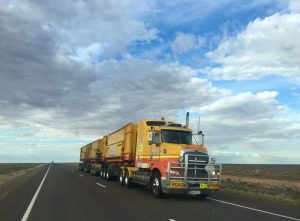If you are involved in an accident with an 18-wheeler, or if you have a loved one involved in such an accident, there are many things to consider when it comes to legal liability. One of the first things you should do is to talk to a personal injury attorney. They are experts at fighting the insurance company and looking out for your best interests.
Accidents of this type can lead to mountains of medical bills and a lifelong need for medical care. This is overwhelming, and victims often are tempted to accept extremely low settlement offers from insurance companies. Of course, insurance companies attempt to close the case as quickly as possible, saving themselves time and money.
In most cases, roughly 75-percent of those killed and critically injured are passengers in cars, vans and small trucks. This is no surprise considering the size and weight of a big-rig.
In addition to the danger of a truck driver’s own negligence, the vehicle itself can create a danger to other drivers. Sometimes, trucks are loaded improperly or are not adequately inspected before the driver begins his run. Mechanical breakdowns while a truck is in operation can lead to loss of control over the 40-ton vehicle.
Poorly loaded freight can fall from the truck and damage and injure unsuspecting motorists. These are just a few of the issues facing owners and drivers of commercial trucks.
Insurance companies representing these large-truck owners will always look out for the companies’ best interests – not yours. This is why it is important to not accept the first offer that comes along. A personal injury attorney will know how to handle the insurance company.
With interstate highways under constant construction and maintenance it becomes an even bigger challenge to share the roads with these mammoth trucks.
So, it stands to reason that with more of them on the road with us, driving is ever more dangerous. Accidents involving commercial trucks, such as 18-wheelers, are much more deadly that accidents involving passenger vehicles.
If you have any injury questions, please give us a call. Consultations are always free.





